
Exciting new series on “Voice, Body and Movement for Lawyers – How to connect with the jury and find Justice Through Dramatic Technique!”
Click here to find out more
The purpose of this course is to provide a primer about joint ventures. First, what they are and why they formed. Next, the course will explain the antitrust implications of joint ventures, via examination of the relevant statutes, case law and agency guidelines. The course will focus on restraints imposed collectively on the venture members - - most importantly, what attributes make them illegal or not.
The course then turns to a previously published examination of a series of joint ventures: Wall Street syndicates for private underwritings in excess of $100 million. The course notes that a small oligopoly of commercial and investment banks dominates the arranging and underwriting of loans and bonds for publicly traded companies, and that each underwriting is performed by a syndicate that constitutes a joint venture of competitors. Further, that each syndicate requires the borrower to agree not to disclose the syndicate’s fee, an obligation that requires not just violation of the securities laws, but constitutes a price-related restraint of each joint venture at issue. The course concludes that the series of price-related restraints compelling price confidentiality impacts the market for the fees in question by preventing customers to compare them, or show them to competitors in fee negotiations.
A quote of interest from the underlying Article, explained in more detail during the seminar:
“One leading securities law expert has opined that ‘the failure to file these agreements suggests that it is the ‘custom and practice’ of Wall Street banks to violate the securities laws by directing customers to keep documents relating to their fees confidential”.
Also, on reviewing the article, the authors of a 2020 Article , “Collusion in Markets with Syndication,” commented that “[t]his is great. It seems like the fees are known internally through the network of banks, so they can monitor compliance with the collusive agreement, but not known externally, so it is hard for a new entrant to figure out the best way to undercut the collusive agreement.”

This Shakespeare?inspired program illustrates how Shakespearean technique can enrich courtroom advoc...
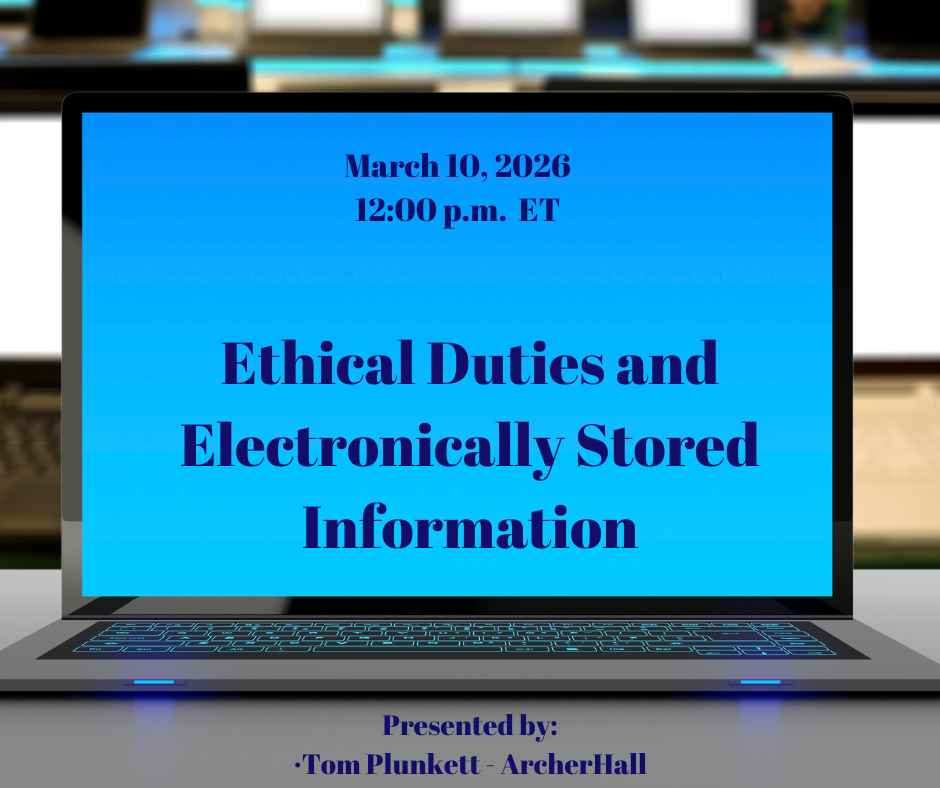
This CLE program examines attorneys’ ethical duties in managing electronically stored informat...
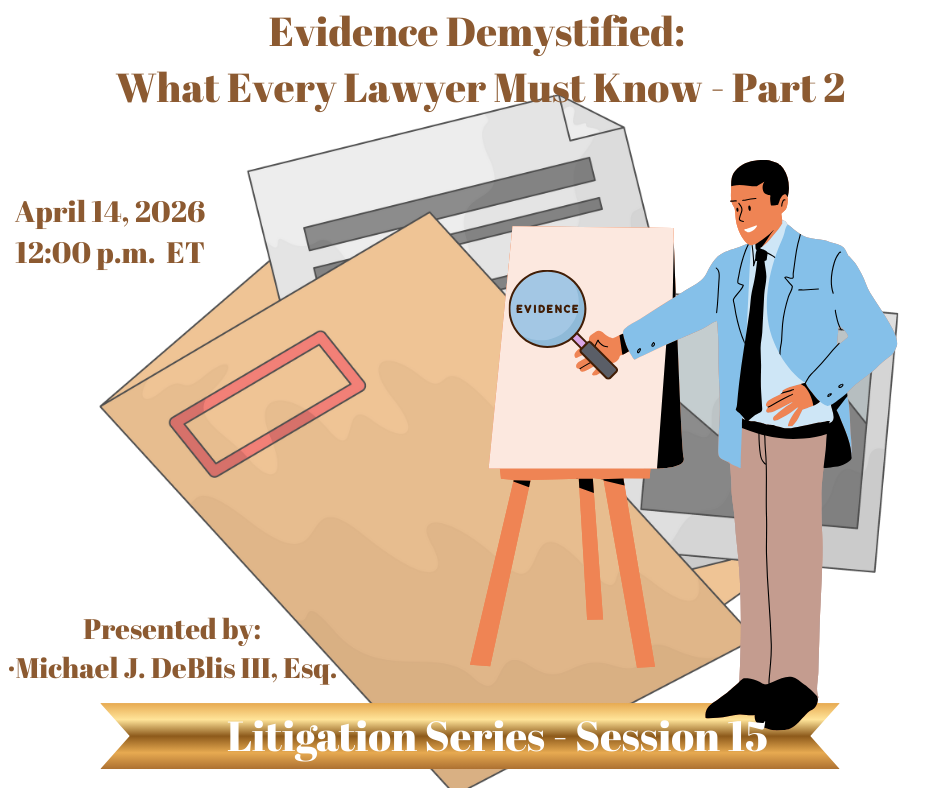
Evidence Demystified Part 2 covers key concepts in the law of evidence, focusing on witnesses, credi...
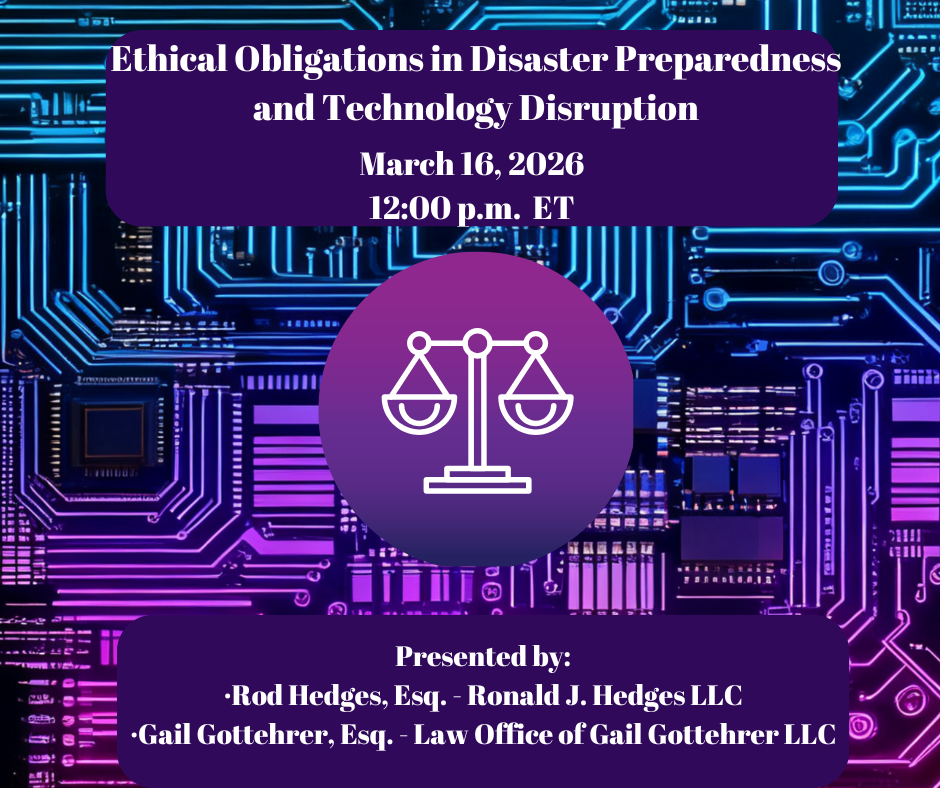
Disasters, whether natural or manmade, happen. Disasters can impact the practice of law and, among o...
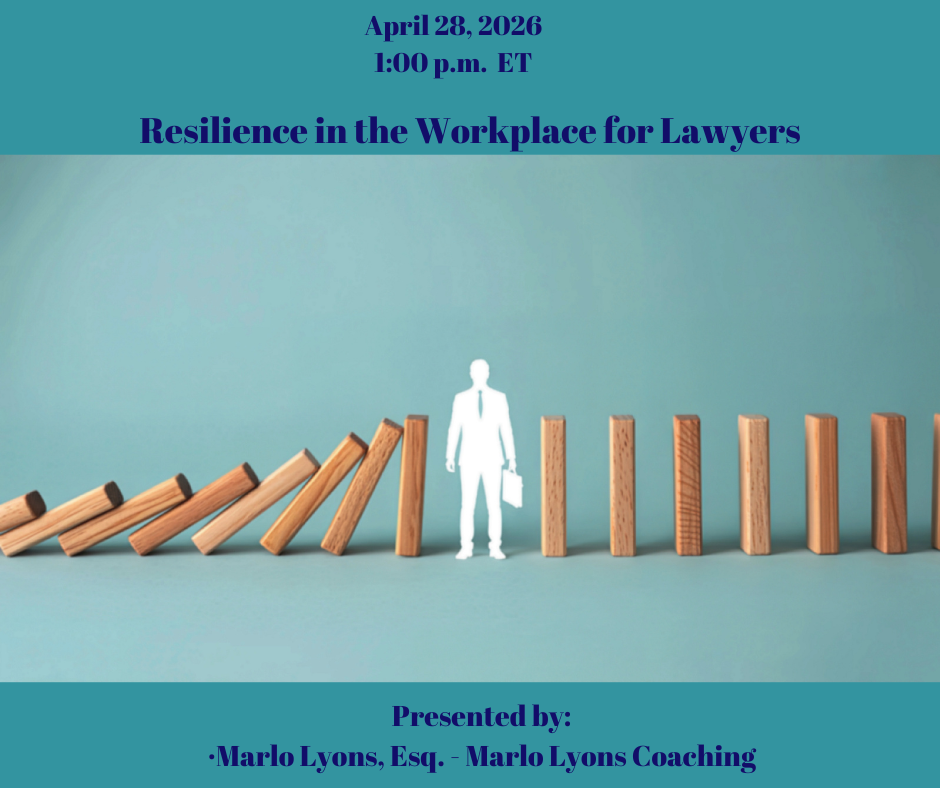
Resilience in the Workplace, delves into the critical importance of resilience in navigating the cha...
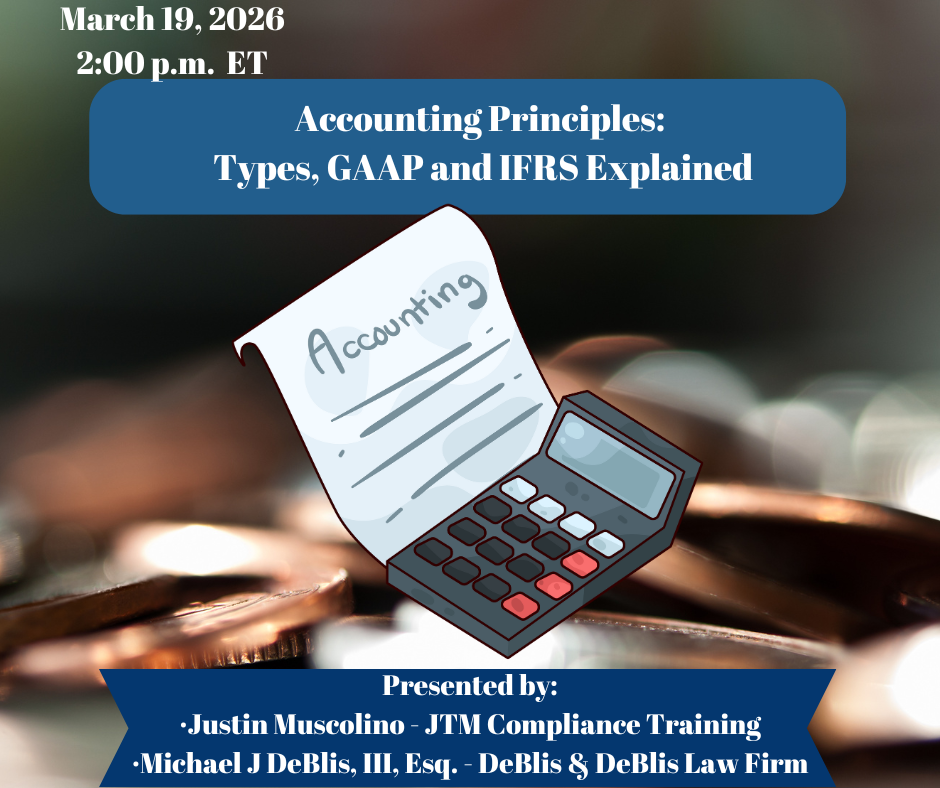
Attorneys will receive a comparative analysis of GAAP and IFRS with emphasis on cross-border legal c...
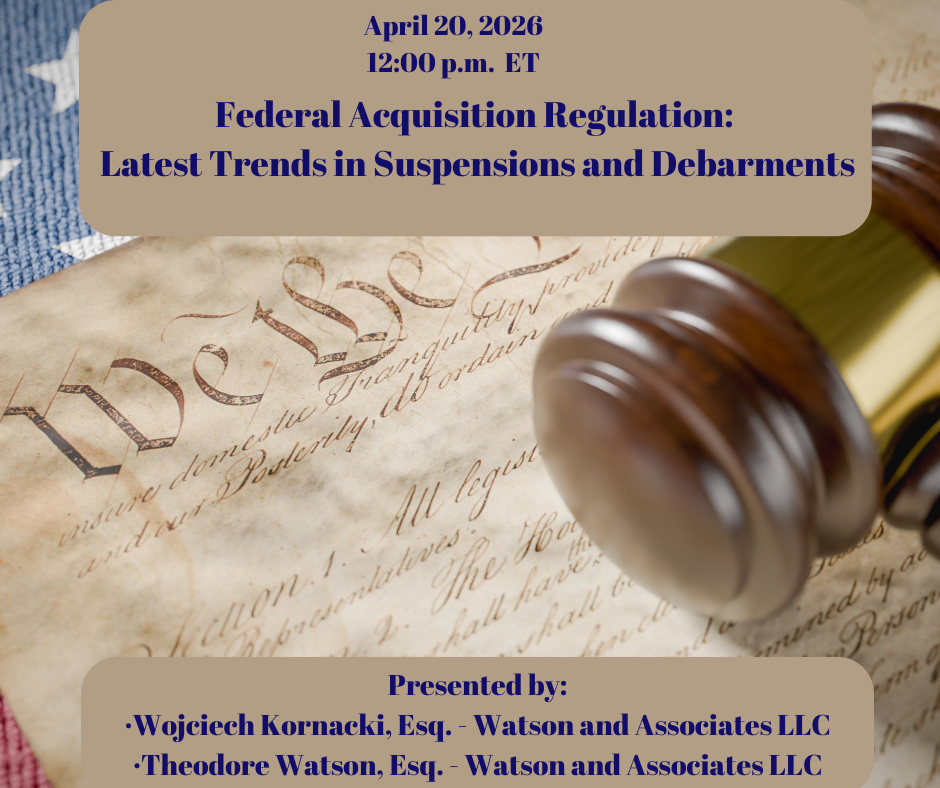
Learn about the latest trends in Federal Suspension and Debarments. This presentation will assist yo...

This program examines listening as an active, strategic trial advocacy skill rather than a passive c...

Part II builds on the foundation established in Part I by examining how classical rhetorical styles ...
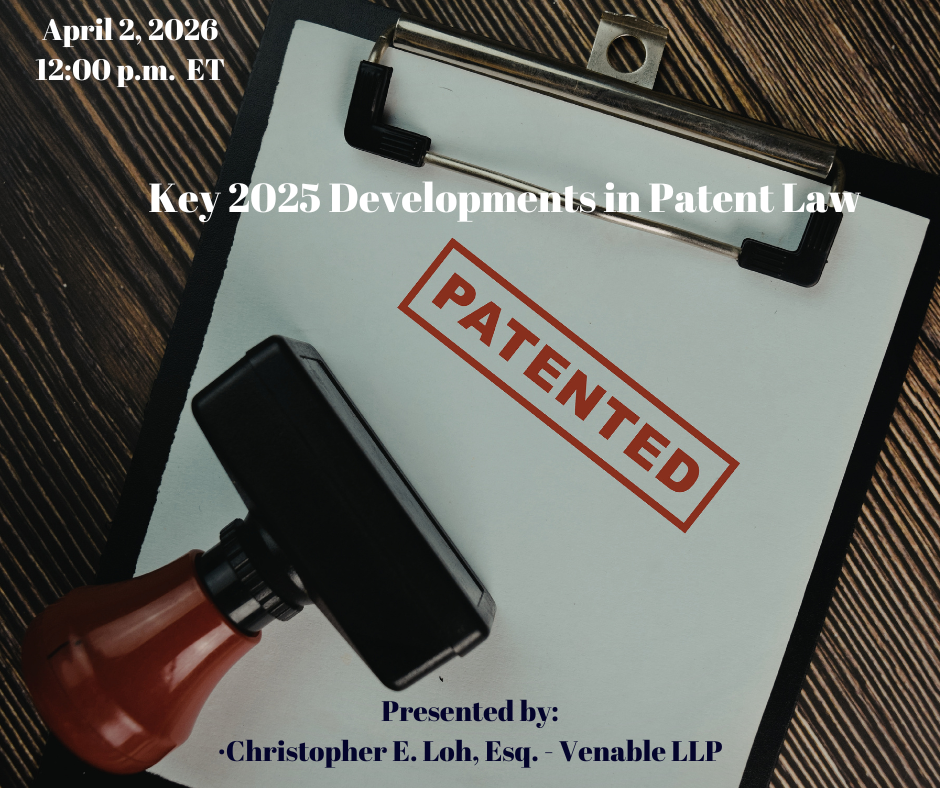
United States patent law and the United States Patent and Trademark Office’s patent-related gu...